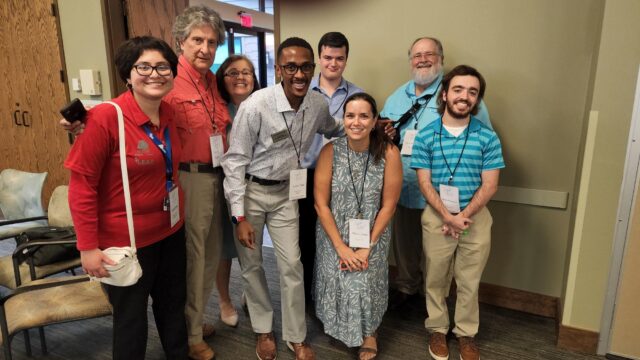Project SETA (Students Enhancing Their Advocacy) is preparing the next generation of leaders with developmental disabilities through the New Leaders grant from the Georgia Council on Developmental Disabilities (GCDD). Project SETA is a leadership development program for current inclusive post secondary education (IPSE) students to learn about advocacy and professionalism. The project launched in 2022 with its first cohort of 11 ambassadors with representation from each of the nine Georgia IPSE programs.
“When writing the grant proposal for Project SETA, we wanted to make sure we represented the whole state of Georgia,” said Molly Tucker, Training and Advocacy Manager and Project SETA director at the Center for Leadership and Disability (CLD) at Georgia State University.
Project SETA is a one-year program that provides a chance for students throughout the state of Georgia to come together as a cohort and build skills together. The program is a hybrid program to be as accessible as possible with ambassadors from across the state. The program includes individual goal-setting sessions at the start of the year to understand the goals of each ambassador, providing the opportunity for Project SETA to present content the students want to learn. The cohort meets together virtually monthly. To provide individualized support, they are split in two groups that meet twice monthly for mentoring sessions. The ambassadors also meet for one-on-one sessions each month to ensure they are receiving the support, and learning the skills, that they need to reach their goals as advocacy and community leaders.
The cohort met in July 2022 for its in-person networking session where the ambassadors learned about elevator speeches and networking. State representatives, including Senator Kim Jackson, also attended the event. “What became evident at the in-person networking session is how aware young people are of what’s going on around them, and that legislators need to remember that this is the next generation and youngest generation of voters,” said Tucker.
At the end of the program, ambassadors will take what they have learned and redeliver it to students at their IPSE programs. With this redelivery of knowledge, all IPSE students in Georgia are benefiting from Project SETA.

“Project SETA is an avenue, in addition to IPSE programs, for students to figure out what they want to advocate for within their community as well as help them to learn about how to be an advocate and how to get involved in their community,” said Darien Todd, Community Advocate Specialist and Project SETA Mentor at the Center for Leadership and Disability at Georgia State University.
The idea behind Project SETA was to build a coalition of advocate leaders in Georgia. While programs already exist to prepare people with disabilities to become advocacy leaders, the participants tend to be a bit older. “If we’re trying to find our next generation of leaders, we need to look at the next generation,” said Tucker. “Since IPSE students have already demonstrated an interest in professional development, they were an easy group to engage.”
“We’ve been very intentional that all of the skills ambassadors are learning in Project SETA are not only helpful for them to become advocates or community leaders, but will also add to their job readiness,” said Tucker. “This program is a chance for ambassadors to become more effective communicators and have space to grow into their professional identities.”
“We want to make sure that we are educating the younger generation of advocates, activists, and leaders,” said Todd. “These types of programs help people with intellectual and developmental disabilities (IDD) figure out what they want to do to help their community. They help to uplift their voices and show them that their voice matters.”
“We are empowering ambassadors to ask questions, take risks, and change the world,” said Todd.
